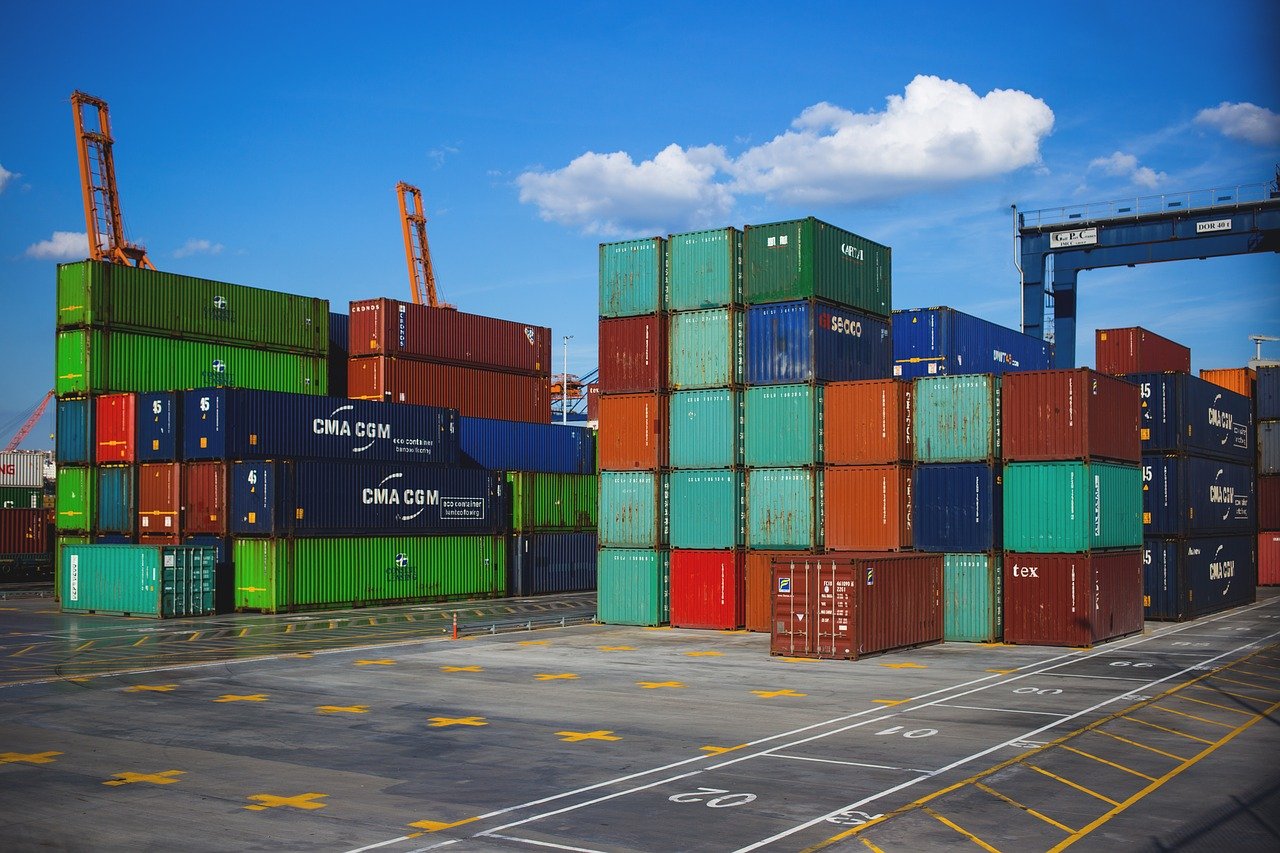BLOG
Got your EORI number yet? Time is running out to prepare for No Deal...
 After more than two years of back and forth with Brussels, time is very nearly up on the Brexit negotiations. Britain’s exit from the EU is set for the 29th March 2019 - and at the time of writing, still no deal has been struck. For some time now, HMRC has been advising businesses that trade with the EU to prepare for the possibility of a ‘No Deal’ Brexit. Yet many have failed to heed the advice - presumably expecting (or hoping) an agreement would be reached.
After more than two years of back and forth with Brussels, time is very nearly up on the Brexit negotiations. Britain’s exit from the EU is set for the 29th March 2019 - and at the time of writing, still no deal has been struck. For some time now, HMRC has been advising businesses that trade with the EU to prepare for the possibility of a ‘No Deal’ Brexit. Yet many have failed to heed the advice - presumably expecting (or hoping) an agreement would be reached.
While a deal could indeed still be struck, or an extension to the negotiations agreed, a No Deal divorce remains a highly plausible scenario. So, to ensure you can continue trading with Europe with minimal disruption, there’s no time to waste in getting your house in order.
As the deadline looms, let’s remind ourselves of HMRC’s advice on how to prepare your business for No Deal:
Apply for an EORI number
Should Britain leave the EU without a deal, trade with Europe will become subject to the same processes and regulations as trade with the rest of the world.
That means if you don’t already have an EORI (Economic Operator and Registration Identification) number, you’ll need to get one in order to continue trading with EU partners.
Currently, only 17% of UK businesses have an EORI number - and despite HMRC’s advice, uptake has been slow among the hundreds of thousands of extra businesses who may now require one.
There’s still time though. HMRC has the capacity to issue 11,000 EORI numbers per day, and it takes less than ten minutes for you to apply.
Just visit www.gov.uk to complete your application. Even if you never need to use your EORI number, it’s better to be safe than sorry…
Consider appointing a customs agent
Once you have your EORI number, you’ll be able to continue trading goods into or out of the EU. You’ll also be able to submit customs declarations using HMRC’s Customs Declaration Service (CDS), which was introduced last year.
It’s up to you whether you submit these declarations yourself, or appoint a customs agent to do it on your behalf.
Most businesses who trade internationally tend to engage an agent. It’s by no means a legal requirement, but having the support of a customs expert could be very valuable to your business - especially in light of what is sure to be a complex import/export landscape post Brexit.
If you do decide to approach a customs agent, be sure to carefully check their credentials. Customs agents in the UK aren’t subject to the same licensing laws as they are in America, for instance.
You’ll need to factor in the extra costs too, and be clear on what you’re getting for your money.
Register for Transitional Simplified Procedures (TSP)
Does your business use RoRo (Roll on, Roll off) ports to ship goods into the country from the EU? Ports like Dover or Portsmouth. or the Channel Tunnel at Folkestone?
If so, then HMRC is urging you to prepare for No Deal by registering for what it calls 'Transitional Simplified Procedures' (TSP).
In the event of a hard Brexit, businesses registered for these Transitional Simplified Procedures would be able to continue importing with reduced impact – able to defer full customs declarations until the goods have crossed the border.
Duty payments could also be deferred, until the month after the goods have been imported.
These arrangements would last for an initial period of one year, allowing businesses to adjust to life outside the EU.
Note that in order to register for TSP, you'll first need to have an EORI number – so as the prospect of No Deal looms large, EORI registration should be every importer's first port of call...
Inform are here to help you so please contact us if you need further information on this or any other tax related matters.
Read more of Inform's tax blogs:
KPMG closes SME accountancy service: Do you need to find alternative arrangements?
Brexit Latest: Time to plan for uncertainty
A fresh start for your finances: Why now is the perfect time to revisit your business plan...




.jpg?width=1500&height=1000&name=amy-hirschi-K0c8ko3e6AA-unsplash-(5).jpg)

